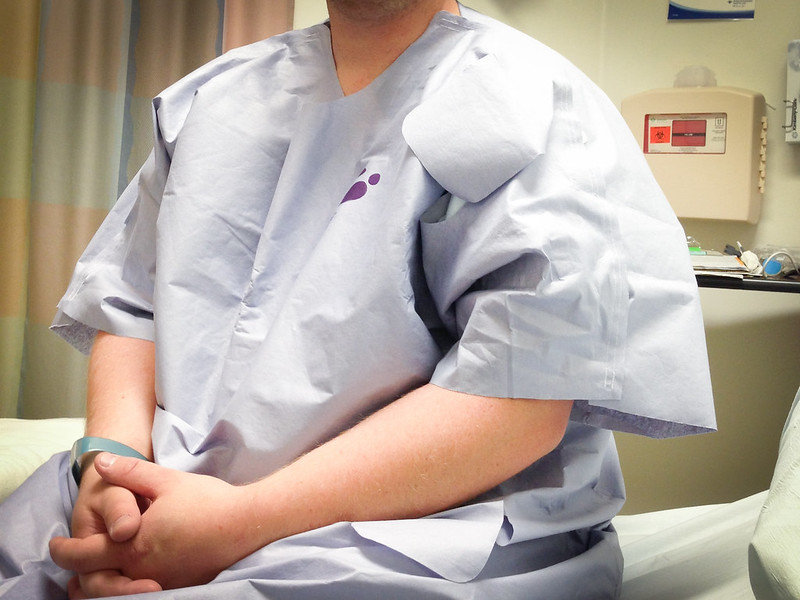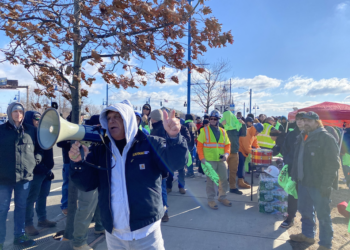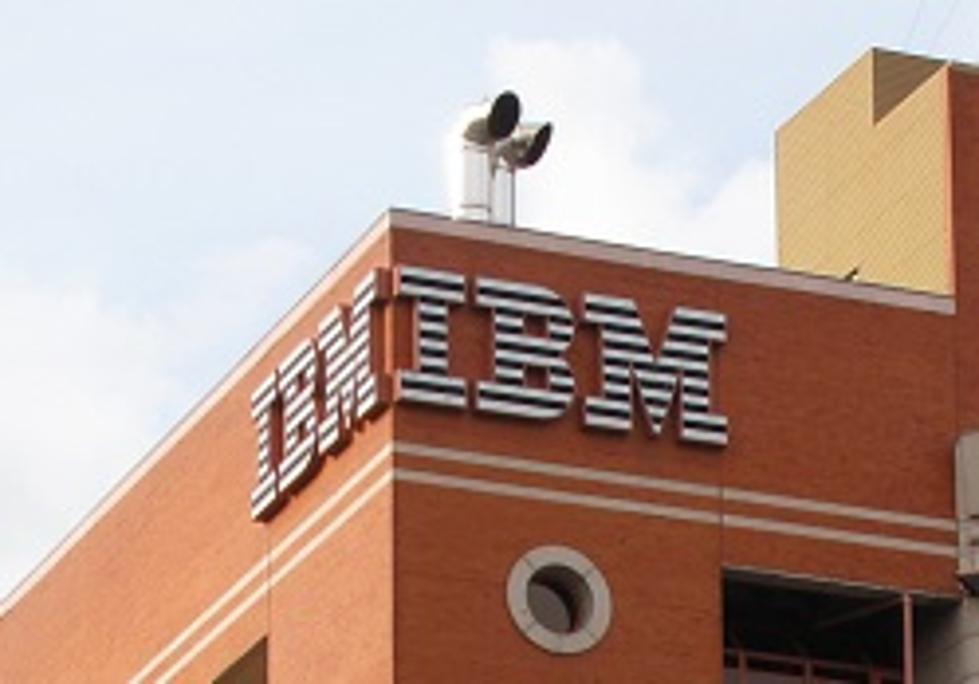Inflation”™s impact on American spending has permeated medical care, with a new nationwide survey by Discover Personal Loans reporting more people carrying medical are delaying non-emergency treatment compared to one year ago.

The new survey found Americans with medical debt are putting off seeing a specialist (52%), being seen for a sickness (41%) and undergoing treatment plans recommended by their doctor (31%). Almost half of Americans with medical debt (47%) said that it will take them more than a year to pay down their current medical debt.
Medical debt is also having an emotional impact on many Americans, with 62% of survey respondents reporting that figuring out how to pay for medical care causes them anxiety, while 32% saying that understanding which costs insurance is going to cover is a source of anxiety.
Also being impacted are savings habits. When asked how much money they have saved, not including retirement accounts, the number of respondents with less than $1,000 in savings jumped from 31% to 39% in 2022. This year, 55% of Americans said they were ill-prepared to cover the cost of an unexpected medical bill, up 12 percentage points from 2021.
“Consumers are feeling more pressure to juggle their bills in order to make ends meet,” said Matt Lattman, vice president of personal loans at Discover. “Skipping things like paying bills, getting seen for an illness or building an emergency savings fund can have long-term effects. There are ways to finance some of these things that will reduce longer term impacts.”
The survey was conducted in mid-May and polled 1,521 adults.
Photo: WP Paarz / Flickr Creative Commons

















